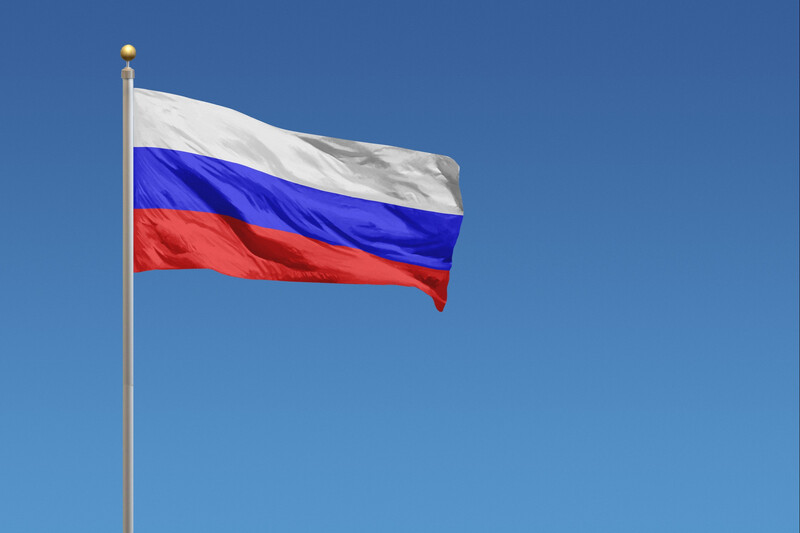Si JP Morgan et Goldman Sachs ont été les deux premières grandes banques de Wall Street à annoncer la fin de leurs opérations en Russie, la position des autres banques internationales est plus ambiguë. La plupart tardent à se retirer du marché russe en tentant de gagner du temps pour ne pas mettre en péril leurs activités.
Menaces d’expropriation et risques d’impayés
Les banques internationales présentes en Russie tentent un numéro d’équilibriste. D’un côté, elles font face à la menace d’une expropriation coûteuse, que le groupe Société Générale a chiffrée à 1,8 milliard d’euros.
En effet, Andreï Tourtchak, secrétaire général de Russie Unie, le parti politique de Vladimir Poutine, a clairement menacé de « nationaliser les installations de production des entreprises qui annoncent leur retrait et la fermeture de la production en Russie pendant l’opération spéciale en Ukraine », considérant que ces fermetures étaient des « faillites préméditées ».
Les banques internationales évitent donc de partir précipitamment, mais doivent en parallèle faire face à d’autres menaces, comme le risque croissant d’impayés. Les emprunteurs russes, confrontés à l’inflation, aux échanges ralentis et à la chute du rouble, vont vraisemblablement avoir des difficultés à rembourser leurs crédits.
Or, plus les banques dépendent de ces emprunteurs, plus elles sont exposées. C’est par exemple le cas de la banque autrichienne RBI, qui doit à la Russie 45 % de son résultat moyen des 3 années passées, et dont le bilan à Moscou s’élevait à 18 milliards d’euros fin 2021.
Pas de départ, mais une suspension des nouvelles activités
Les grandes banques internationales adoptent donc des stratégies diverses, mais la plupart ont en commun d’essayer de gagner du temps.
Si Deutsche Bank a commencé par refuser de se retirer du marché russe, elle a par la suite fait volte-face et annoncé son intention de ne plus déployer aucune nouvelle activité dans le pays, sans toutefois que cette décision concerne son centre informatique.
Statement on Russia pic.twitter.com/1eGoJwLA20
— Deutsche Bank (@DeutscheBank) March 11, 2022
La banque américaine Citi, qui avait décidé l’année dernière de vendre son activité de crédit à la consommation en Russie, a également suspendu toute nouvelle activité. Elle a déclaré « agir de toute urgence », son exposition globale à la Russie s’élevant à 9,8 milliards de dollars. Le groupe a tout de même prévenu que la vente prendrait du temps, le contexte étant peu favorable. Difficile en effet de convaincre les acheteurs étrangers, et quasiment impossible pour les banques russes, qui font l’objet d’importantes sanctions, de prétendre à une acquisition.
Société Générale, qui a voulu faire preuve de transparence en détaillant son exposition à la Russie, perdrait 1,8 milliard d’euros en fonds propres CET1, ou « fonds propres durs », si sa filiale russe Rosbank était expropriée. Il s’agit donc de la banque française la plus exposée, mais pour autant, elle n’envisage pas de transférer ses équipes russes à l’étranger.
« Le groupe est tout à fait en mesure d’absorber les conséquences d’un éventuel scénario extrême qui affecterait les droits de propriété sur ses actifs bancaires en Russie », s’est justifiée la banque dans un récent communiqué de presse.
De son côté, Crédit Agricole, qui emploie 170 personnes en Russie, n’envisage pas non plus de transfert, pas plus que Commerzbank, le 2ème groupe bancaire allemand, qui compte 134 salariés dans le pays. Quant à HSBC, si elle n’accepte pas de nouveau flux d’affaires en Russie, elle n’a pas pour autant prévu de partir.
